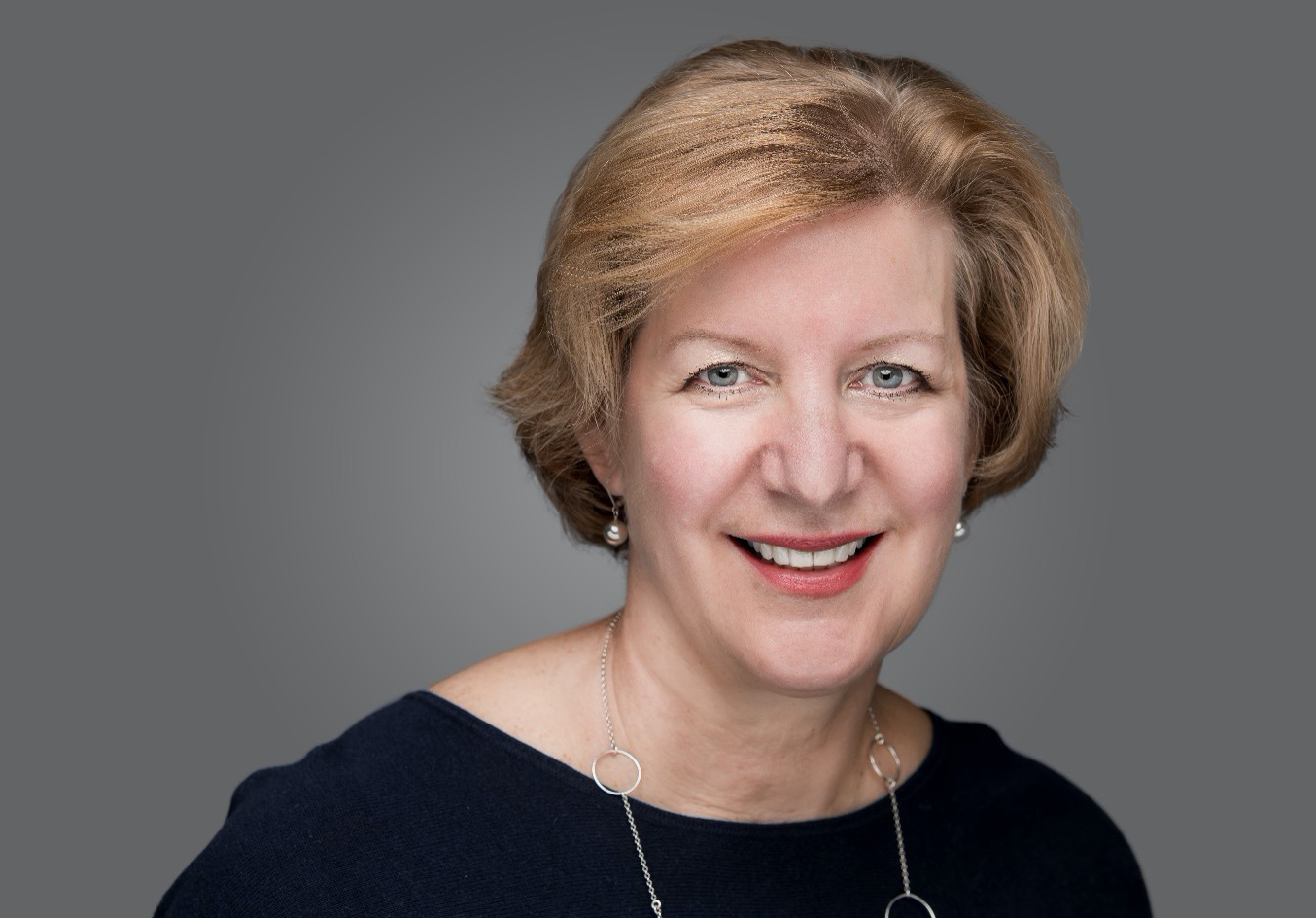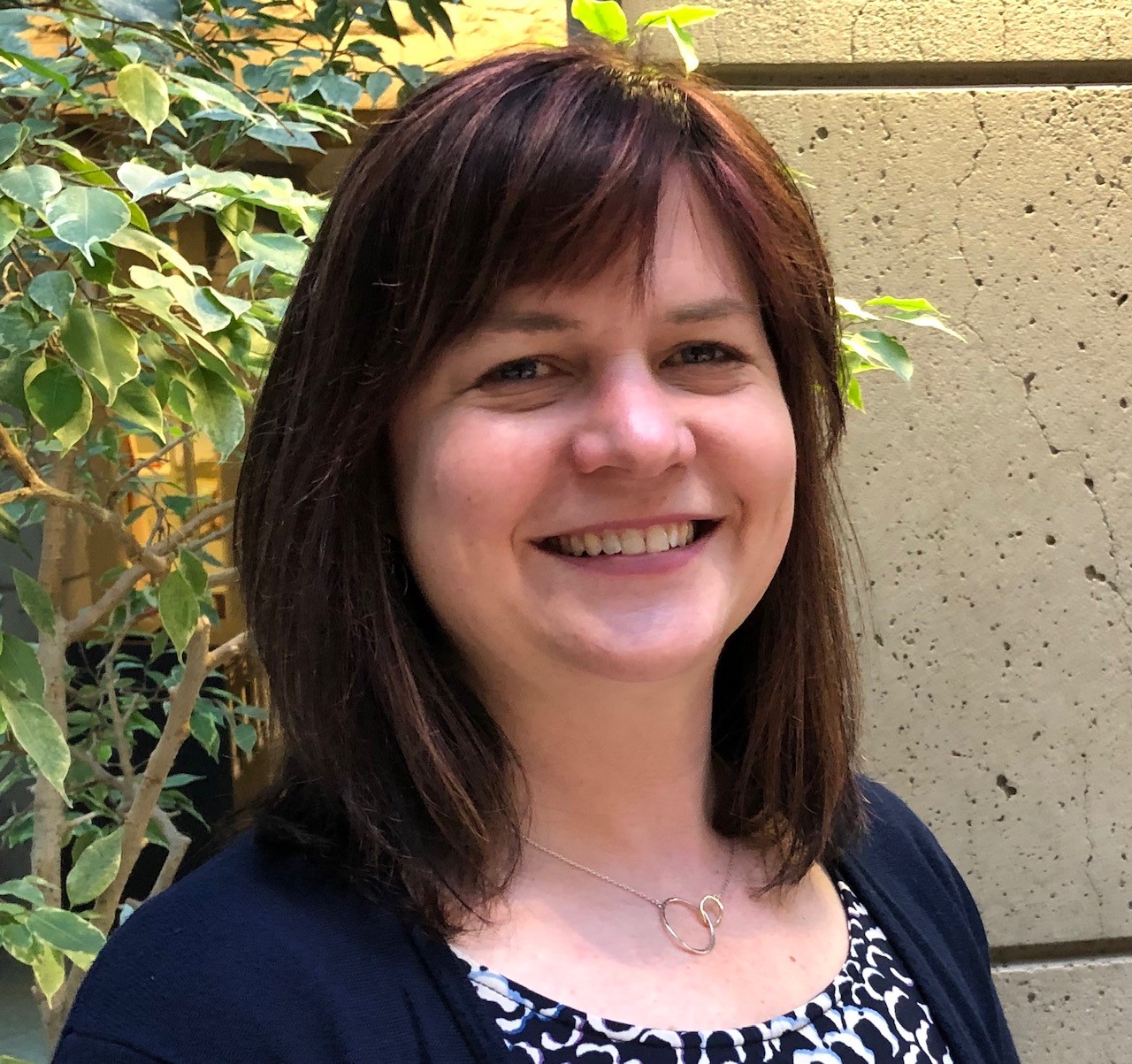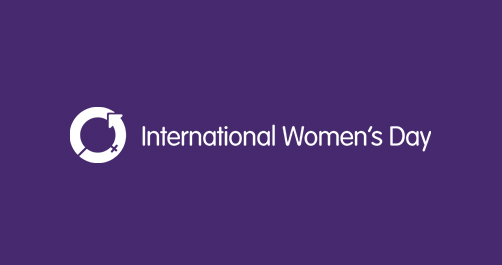Alumni Perspective: International Women's Day 2021
Brenda Woods (BComm '81), Vice President of Marketing at VISA Canada and Denise MacGillivray (BScH '94), Director General of Health Canada’s Environmental Health and Pesticide’s Directorate share their advice to aspiring women in their field and reflect on the importance of marking International Women's Day.

Brenda Woods (BComm '81)
Q: Tell us about yourself:
I lead Marketing for Visa in Canada and in my role I have the good fortune of working for a global company that values the importance of local marketing. We have access to all of Visa’s global properties, including the Olympic and Paralympic Games, FIFA and the NFL. In addition, we have our local programs that support business initiatives in Canada and our sponsorship of TIFF. So I consider that the best of both worlds!
I have been at Visa for many years and have seen a lot of change. That has inspired me to value the ability to be flexible and anticipate changes in the future. I feel lucky that I have been able to pursue my career as a woman in the business world because of the work that women before me have done to ensure that women have the opportunity to succeed in career advancement and gain credibility and influence in the workplace. I hope that I have been a role model for my two sons, demonstrating that women have the capability to pursue their career aspirations.
Q: What does International Women’s Day mean to you?
I think International Women’s Day provides people of all genders around the world to step back and reflect on the contribution that women make to our society. It’s incredible how far women’s rights have come, but I believe there is still an opportunity for more women to advance to the most senior levels of companies. In addition, I’ve seen that there is a real need for women entrepreneurs to have the tools and access to funding for their businesses to succeed. My hope is that International Women’s Day will put a spotlight on the amazing contributions that women make to our society and the potential for all women to feel they are valued and be inspired to pursue their dreams.
Q: What is your advice for aspiring women in your field?
My advice for aspiring women is to have confidence in their abilities, ask for the assistance that you might need and look for other women who will support and sustain you in your journey.

Denise MacGillivray (BScH '94)
Q: Tell us about yourself:
Currently, I am the Director General of Health Canada’s Environmental Health and Pesticides Directorate. I have been with the federal public service (Health Canada specifically) for over 16 years. I started my Health Canada career as a biologist tasked with assessing the potential human health effects of pesticides. After several years with the Pest Management Regulatory Agency, I participated in a management development program targeted to scientists that gave me the opportunity to explore and work in other parts of the Department. Most of my career with Health Canada has been in the area of regulatory science and I have supervised scientific advisors and evaluators, as well as research scientists and technicians, with food safety and food regulation being big areas of focus for me. In 2019 I moved into my current role, which is very different and much more operational in nature. My teams include pesticide inspectors, specialists in outreach and risk communication, and environmental health scientists. I live and work out of Vancouver, BC and my employees are located from coast-to-coast.
I graduated from the University of Guelph in 1994 (BSC Honours specialized in Biomedical Toxicology) and completed a Master of Science in Pharmacology & Therapeutics at the University of British Columbia in 1999. I consider myself extremely fortunate to have been able to pursue a career in science and in the management of scientists, especially one so directly linked to my earlier fields of study.
Q: What does International Women’s Day mean to you?
To me, the Day is about celebrating the successes and accomplishments of women in all walks of life. At the same time, the recognition of International Women’s Day on such a global scale provides an important platform to highlight where gender parity still does not exist. As such, I also see the day as an opportunity for dialogue and a call to action – a reminder to those of us who have achieved the professional and personal success that we cannot become complacent, and we must continue to champion equality for all women.
Q: What is your advice for aspiring women in your field?
You should never be afraid to turn your passion into a career. Women are increasingly represented in all STEM professions. While I no longer “do” science on a day-to-day basis, I have had the pleasure of working with and managing so many impressive scientific minds and I get as much reward from watching them succeed in their careers as I do in my own. It’s also inspiring to see how many senior leaders in a scientific department like Health Canada are women. I must admit that I never contemplated pursuing a career in public service when I first set out to get a biology degree, but I take great pride in the work that we do, and the tangible positive impact what we do has on Canadians’ lives and wellbeing.
Q: What is something you want others to reflect on this International Women’s Day?
I think that International Women’s Day this year is particularly poignant given the situation we have all been living through in the past year. There is no doubt that COVID-19 has affected us all, but statistics show that working women have been disproportionately impacted. Women represent a large proportion of front-line workers, and while more women have suffered job loss as a result of COVID-19, many who haven’t find themselves shouldering a greater share of home and childcare while also working from home. In particular, this latter statistic seems to show that the great strides women have been able to achieve professionally are not necessarily translating into our “home” lives. We need to be diligent in ensuring that the principles of fairness and parity that are becoming more and more common in the workplace extend to all to areas of women’s lives.
Q: Any Career Highlights you would like to share?
As I noted earlier, I wasn’t initially considering a career in the public service when I embarked on a science degree – I think at the time I assumed I would end up working in a lab somewhere, or maybe for a pharmaceutical company. The sheer breadth and scope of scientific careers in the public service was a revelation and I’ve had the opportunity to work on a number of different files that directly impact Canadians’ lives – for instance:
- As a scientific evaluator for pesticides, I was able to see the recommendations from my assessments be included on product labels (e.g. the need for applicators to wear specific PPE, the requirement for a specific interval between application and harvest for food, etc.)
- I was part of the team that put into place new requirements for labelling for caffeinated energy drinks
- I worked closely with colleagues across several Departments to find solutions to serious microbial food safety concerns like Salmonella in chicken and E.coli in lettuce;
- Of note as well, and in keeping with the theme of International Women’s Day, I have the distinction of having been the first woman Director for the Bureau of Microbial Hazards!
Share With Friends




